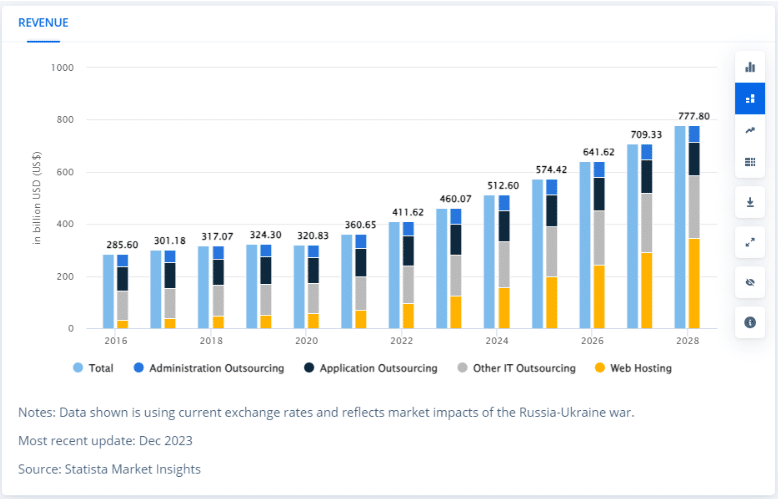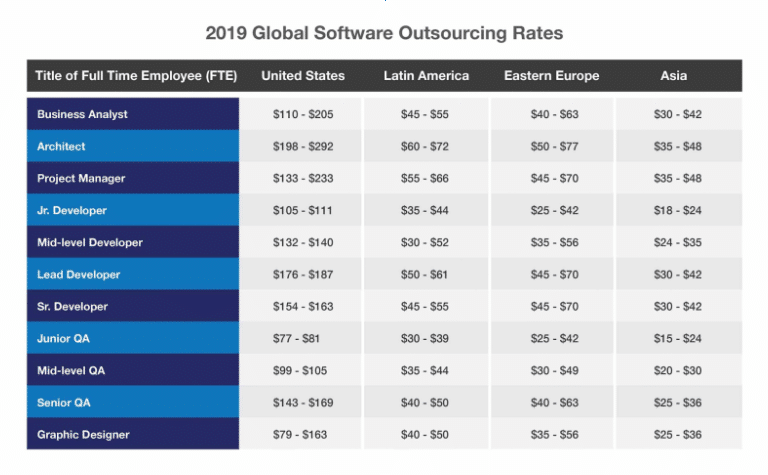In the dynamic landscape of modern business operations, the practice of IT outsourcing company functions, services, or projects has become increasingly prevalent. This strategic approach enables enterprises to focus on their core competencies while leveraging external expertise to handle IT-related tasks efficiently. As companies seek to optimize resources and reduce costs, the comparison between IT outsourcing destinations like Vietnam and the United States emerges as a critical consideration.

Vietnam’s outsourced software development firms present a plethora of advantages, underscored by the distinctive benefits of their IT industry foundation.
Competitive Labor Costs:
Vietnam’s annual GDP per capita stands at $4,636, which is notably lower compared to many other countries, especially the United States. This disparity underscores the cost advantage of IT outsourcing to Vietnam, where offshore software development rates typically range from $20 to $40 per hour. As reported by CIO magazine, IT outsourcing companies based in Vietnam can offer up to 90% savings compared to U.S.-based providers and provide prices 30%-50% lower than those in India and China.

2019 global software outsourcing rates
An ample supply of proficient IT professionals:
Vietnam’s technology sector benefits from a robust labor force, characterized by its youthful population, with 52%-58% of citizens in the working age range. The country boasts approximately 430,000 software developers and over 1,030,000 individuals employed in the ICT industry. Notably, Vietnam hosts a developer base of around 150,000, which surpasses that of Thailand by threefold. Education in Vietnam actively fosters the growth of the IT industry, with STEAM education integrated into early programs, allowing children to engage with coding as early as 8th grade. Moreover, the country features 412 IT vocational institutions nationwide, contributing approximately 12,000 professionals yearly to meet the demands of the ICT industry. Furthermore, Vietnam is home to 70,000 IT tech firms, with 60% of them transitioning into high-value enterprises.

Innotech outsourcing
A stable political climate and appealing government policies
Vietnam prides itself on maintaining a remarkably stable political atmosphere, distinguished by its consistent tranquility and minimal instances of conflicts or protests. The Global Peace Index 2023 positioned Vietnam at 41 out of 163 assessed nations, highlighting its esteemed reputation for peace and stability worldwide. Furthermore, the Vietnamese government has prioritized the advancement of the IT sector, implementing numerous policies to foster its growth. This proactive approach has attracted prominent global technology giants such as Samsung and Intel to invest in Vietnam. Consequently, the favorable environment created by these policies enables other IT companies to thrive and compete effectively in Vietnam’s burgeoning tech landscape.
Communication challenges and temporal differences
Nevertheless, collaborating with development companies in Vietnam might present obstacles arising from language barriers and notable time zone disparities, potentially affecting seamless communication and coordination.
The United States’ IT outsourcing capability is hindered by its higher prices, yet it is bolstered by its leading position in global technology.
The offshore software sector in the USA faces significant cost challenges due to the high standard of living, resulting in substantially higher expenses compared to Vietnam. The typical hourly rate for IT professionals in the USA ranges from $40 to $70, significantly impacting project costs.
Despite the cost disadvantage, the United States remains the primary revenue generator globally, with an estimated $185.50 billion in revenue projected for 2024. Renowned as the largest incubator of world technology, the USA offers access to a vast pool of skilled IT professionals with diverse expertise. The tech industry in the USA employed approximately 5.2 million workers in 2020, with software developers and software quality assurance specialists comprising the largest occupations.
Furthermore, the USA hosts one of the world’s largest and most influential technology markets, enabling businesses to tap into a wide customer base. Offshore software development in the USA provides access to this expansive market and facilitates business expansion. Additionally, English serves as the mandatory language in the USA, eliminating language barriers and time zone differences, and thereby facilitating smoother business operations.
Conclusion
The choice to outsource IT functions depends on several factors, such as project specifications, financial constraints, and expected results. Vietnam provides cost benefits and a growing pool of tech talent, yet businesses must address potential language and time zone challenges. On the other hand, the USA offers a well-established market environment and linguistic advantages, albeit at a premium price. Ultimately, deciding on the optimal IT outsourcing destination entails a thorough evaluation of these aspects to match the project’s goals and organizational needs.
In Vietnam, Innotech emerges as a distinguished company renowned for its extensive expertise across diverse IT domains, boasting technical proficiency and a 12-year history of serving the financial services sector. Renowned for its commitment to excellence and innovation, Innotech epitomizes Vietnam’s advancing stature in the global IT outsourcing arena.



